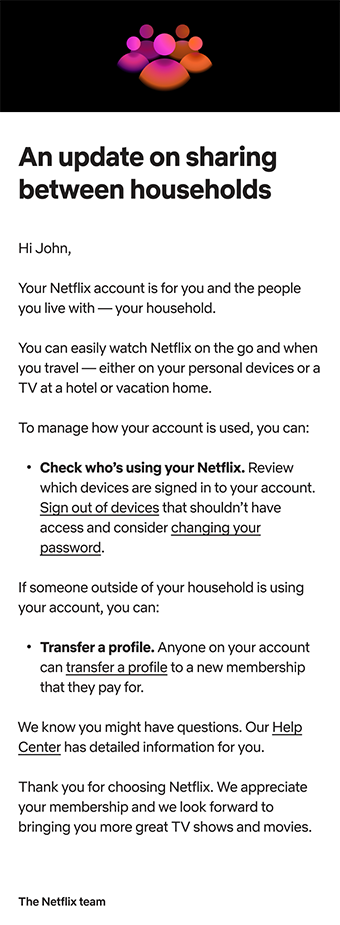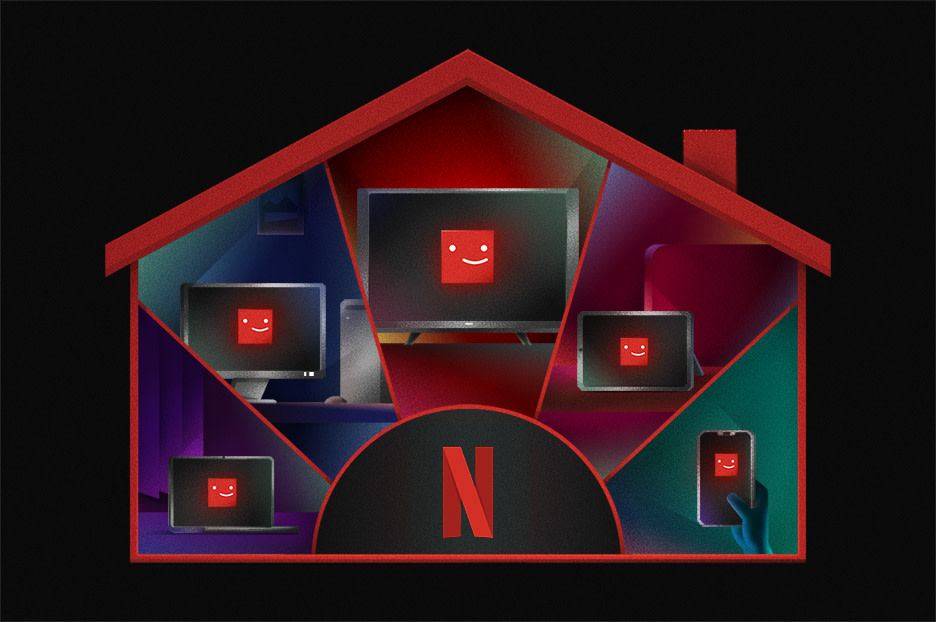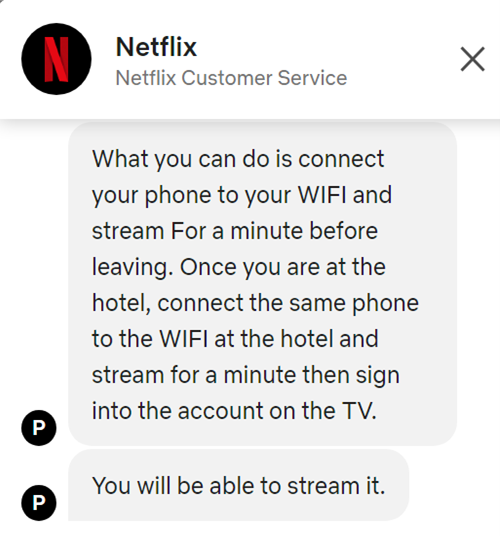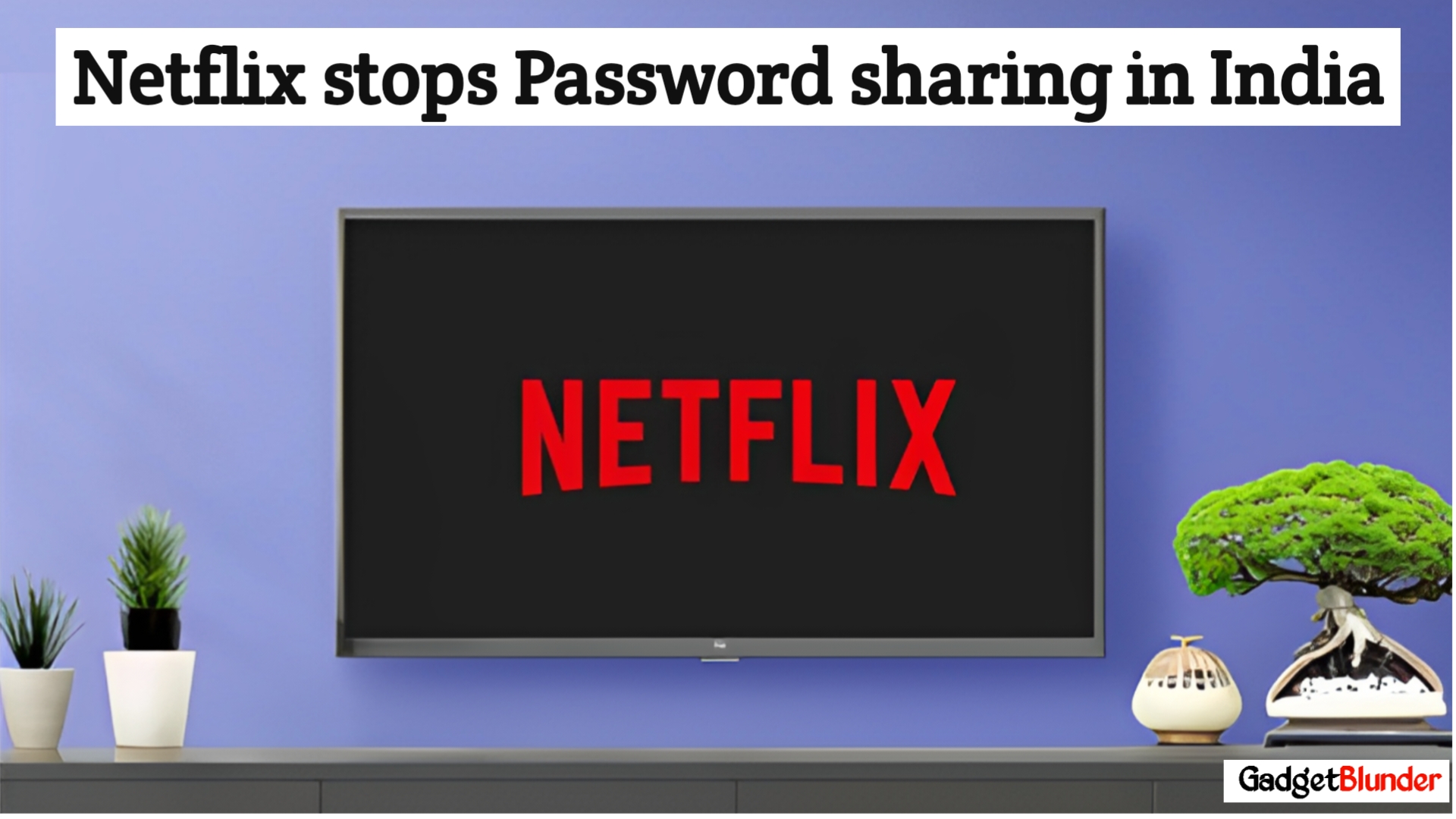Netflix stops password sharing in India from 20, July 2023 So, what will be happen to those who are using this service for free by sharing passwords.
In Short
- Netflix restricting users for sharing passwords.
- Users from a single household can access Netflix account.
- Netflix start sending email to members who are sharing Netflix-password with others.
Netflix crack down password sharing in India. From a long time, streaming giant Netflix facing the challenge of revenue loss due to widespread password sharing. Netflix has announced that now it will stop people from sharing their Netflix accounts with others. Recently Netflix reported that they got nearly 6 million new subscribers after taking the similar steps in the countries like US and Canada in early 2023.
Netflix password sharing new rule in India
A Netflix account is only to be used or shared by people who live together in same household. “Everyone living in that household can use Netflix wherever they are — at home, on the go, on holiday — and take advantage of new features like Transfer Netflix Profile and Manage Access and Devices” Netflix states on its website. Users are required to set up or update Netflix Household and subsequently connect their devices to this designated Household network to enjoy uninterrupted streaming experience. Netflix started sending emails to the users who are sharing passwords with people outside of their household.

What Netflix consider as a Household?

A Netflix household refers to a collection of internet-connected devices utilized at the primary location for streaming Netflix content. Netflix Household can be established through a TV device, and other devices linked to your Netflix account on the same internet connection as this TV will automatically include within your Netflix Household.
With whom can you share your Netflix password?
You can share your Netflix account with your parents, spouse, friends and more who are living with you in same household and use same internet connection (At least once in 30 days).
How does Netflix detect devices within Household?
Netflix uses data like IP address, device ID or MAC address and account activity to verify devices whether it is from your household or outside. And Netflix also clarify that it does not collect GPS data to determine your precise location.
How to access Netflix if you are Outside of your Netflix Household
To Use Netflix outside your household premises, seamlessly enjoying it on portable devices such as tablets, laptops, or mobile phones while on the move or during travels. Simply ensure periodic connectivity to your household internet connection, at least once every 30 days.
Moreover, to enjoy Netflix on a TV outside your household, follow these steps: First, connect your phone to your household internet and stream Netflix for one minute. Then, switch to the Hotel’s internet connection and stream for one minute again. Finally, sign into your Netflix account on the TV to access the desired content without interruption.

Netflix Add-Ons Features-
During the second quarter of 2023, Netflix initiated a comprehensive crackdown on password sharing across more than 100 countries, each with specific features according to their market. In countries like US, Canada, Chile, Peru, etc. Netflix introduce the option to buy Extra Member alongside the membership plan for $2-3 per month. Meanwhile in certain other countries like Argentina, the Dominican Republic, El Salvador, Guatemala, and Honduras subscribers were offered the opportunity to buy an Extra Homes feature by paying a nominal fee in addition to their existing membership plan.
However, it is worth mentioning that in countries like India, where Netflix had already reduced its subscription costs, no such supplementary options were made available to users till now.
How much does Netflix subscription costs in India?
Netflix offer four different subscription plans in India: Mobile (₹149/month), Basic (₹199/month), Standard (₹499/month), Premium (₹649/month).


2 thoughts on “Netflix stops password sharing in India: check new rules, and more”